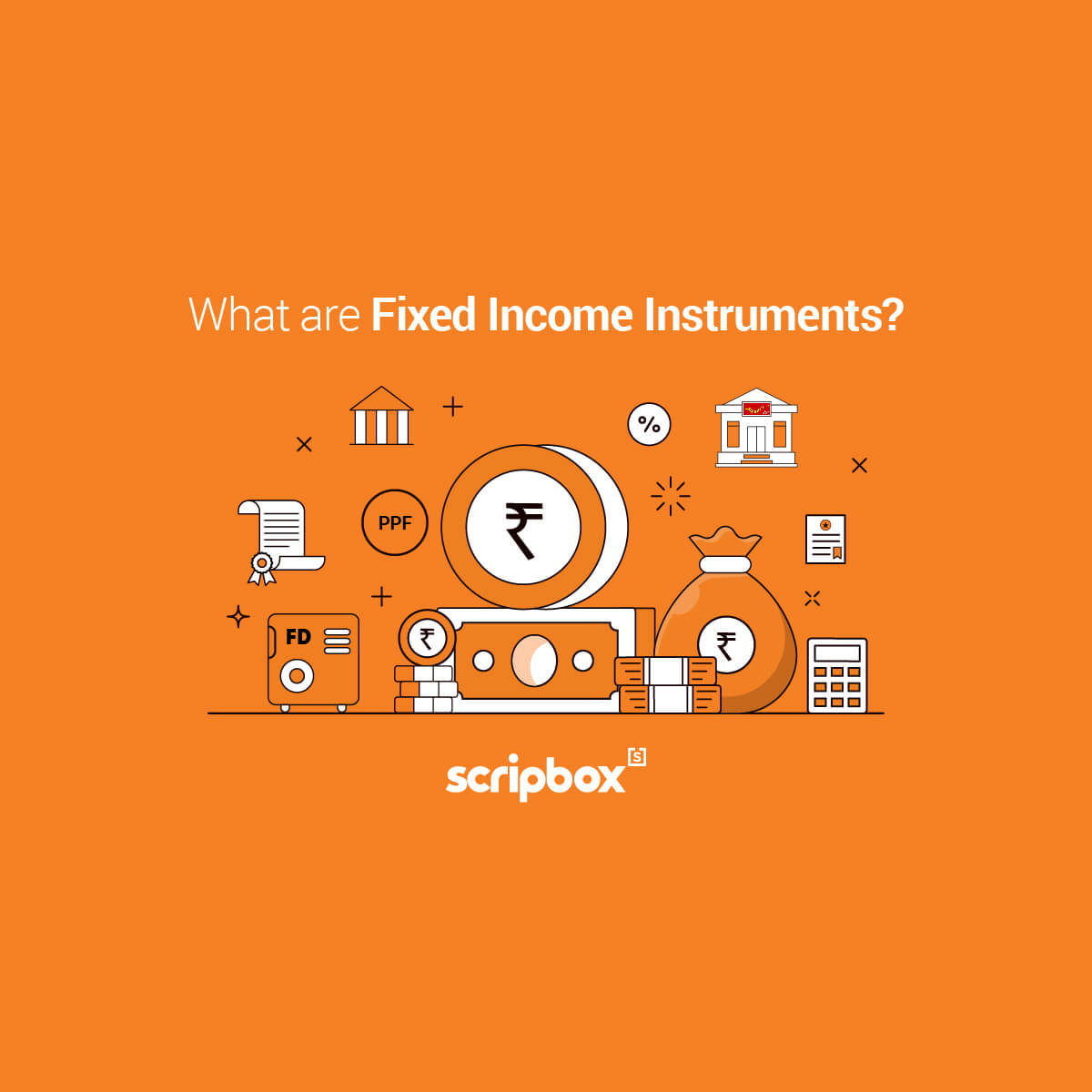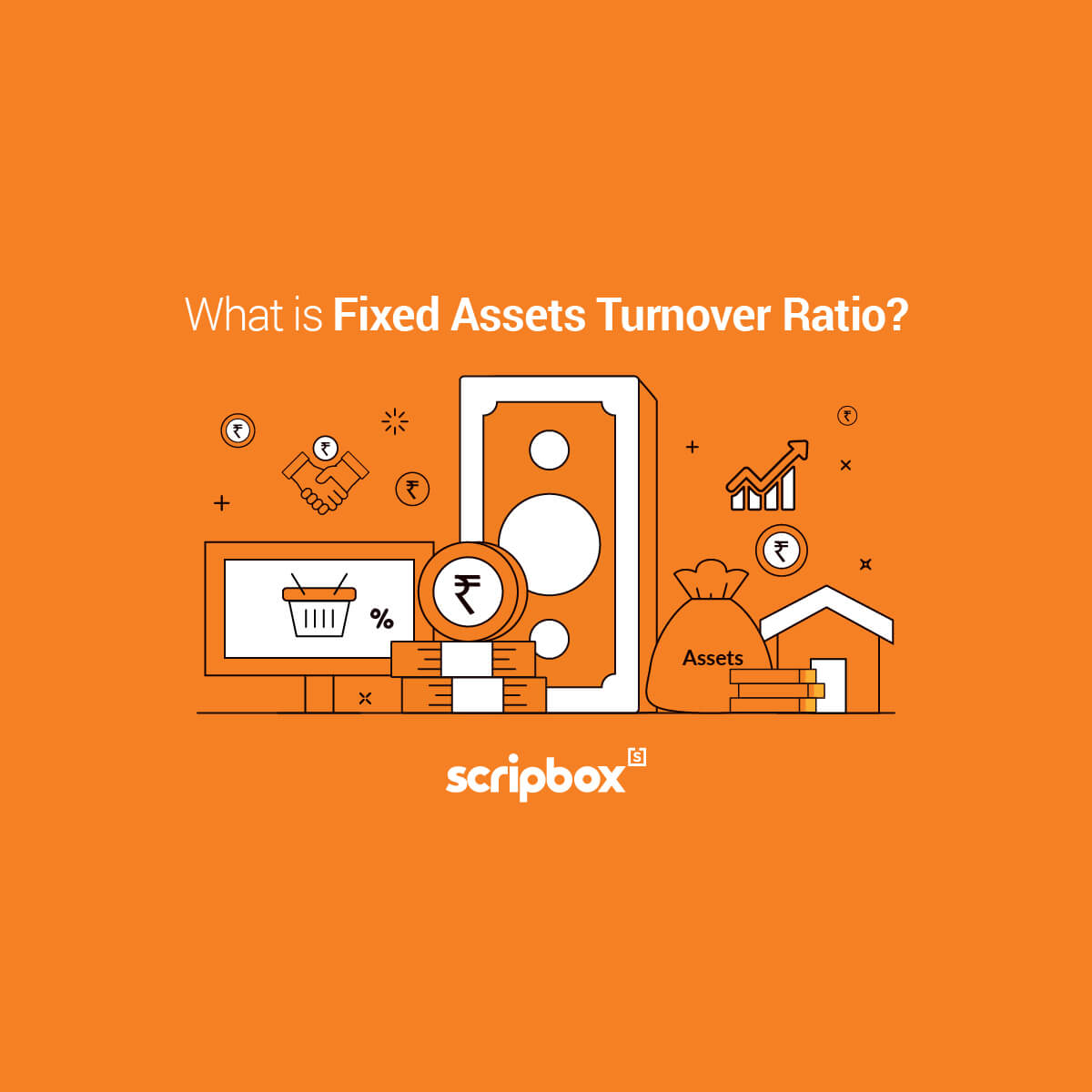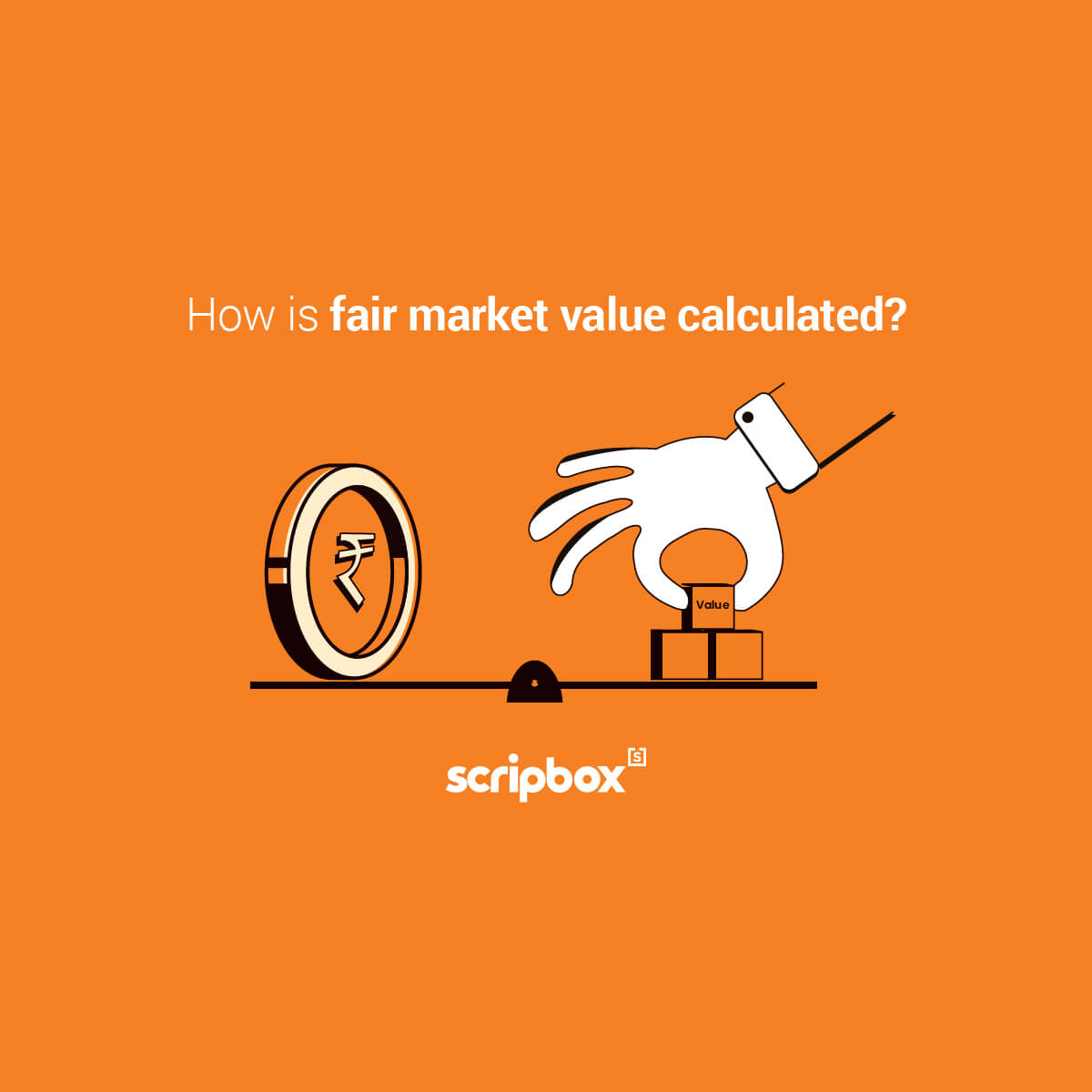
Fixed Interest Rate on Loan
Fixed interest rate on loans refers to the interest rate being the same for the entire duration of the loan tenure. Irrespective of the changes in repo rates by the Reserve Bank of India, the interest rates under the fixed...

Fixed Income Instruments
What are Fixed Income Instruments? Fixed income instruments or fixed income securities are debt instruments that provide returns in the form of regular or fixed interest payments. Also, there is repayment of the principal amount on the maturity date. Therefore,...

Fixed Asset Turnover Ratio
What is Fixed Asset Turnover Ratio? The fixed asset turnover ratio is an efficiency ratio that compares net sales to fixed assets to determine a company's return on investment in fixed assets. The fixed assets include land, building, furniture, plant,...

Financial Instruments
What are Financial Instruments? A financial instrument is a legal contract between the parties who are a part of the transaction that holds a monetary value. The monetary assets can be traded, created, modified or settled as per the parties'...

Difference Between FDI and FPI
A country needs funds to grow its economy. While approaching domestic sources is one way, approaching international sources is another way. There are two ways a country can get capital through international sources. Namely, Foreign Direct Investment (FDI) and Foreign...
Practical Insights For Wealth Creation
Our weekly finance newsletter with insights you can use
Your privacy is important to us

What is Fair Market Value in Stocks and Mutual Funds
What is the Fair Market Value? Fair market value FMV is the price at which one can purchase an asset under normal market conditions. The fair market value represents the accurate valuation of asset under the following conditions: Both the...

Face Value of Share
What is Face Value of Share? Face value is the original value of a share shown on the share certificate. In other words, it refers to the value listed on share certificates, digital records, and books. The face value is...

Exchange Traded Derivatives
What are Exchange Traded Derivatives? Exchange Traded Derivatives (ETD) are standardised contracts that trade on the stock exchange in a regulated conduct. The exchange determines the expiration date, settlement process, and lot size and explicitly states the underlying instrument of...








